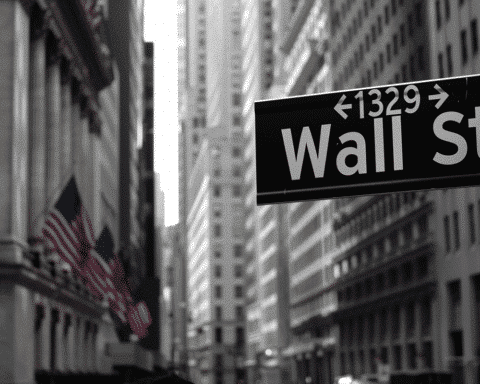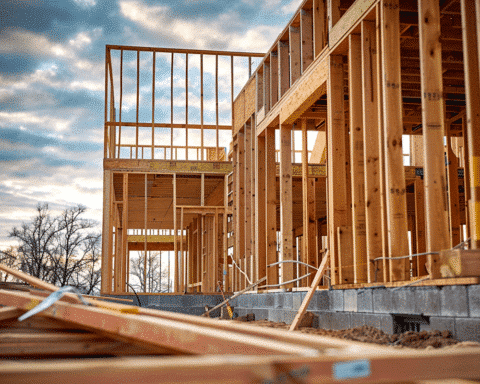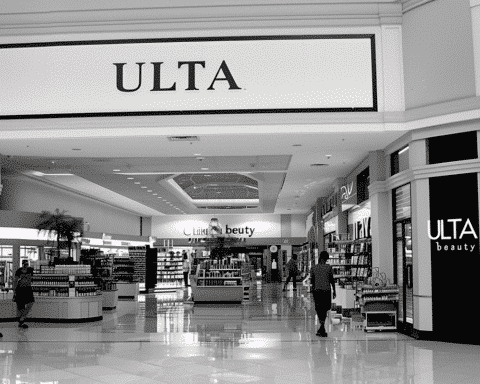The COVID-19 pandemic has brought about significant changes in the automotive industry, particularly in the realm of car prices. As the average cost of a new vehicle continues to surge, more consumers are finding it difficult to afford purchasing a car outright.
In response, car leasing has emerged as an alternative solution that allows individuals to enjoy the perks of driving a new vehicle without the hefty upfront costs. However, with leasing becoming less attractive due to rising prices, it is crucial for prospective car owners to explore other options and consider their financial obligations before making a decision.
The Rise of Car Prices and the Appeal of Leasing
Since the onset of the pandemic, the average cost of a new car has experienced a staggering 30% increase, reaching an estimated $48,528 as of May 2023. This surge has made purchasing a new vehicle increasingly unaffordable for the majority of consumers.
As a result, leasing has gained traction as a viable alternative. Leasing allows individuals to use a car for a fixed period by paying monthly fees that cover depreciation and interest on the lease. Furthermore, the lower monthly payments associated with leasing enable drivers to afford higher-end vehicles compared to traditional financing options.
Advantages and Drawbacks of Leasing
Leasing offers several advantages, including the ability to acquire a new car without a significant upfront investment. The lower monthly payments make it an appealing choice for budget-conscious individuals. Additionally, leasing allows drivers to enjoy the latest features and reduce the likelihood of encountering repair issues commonly associated with older cars.
However, it’s essential to consider the drawbacks of leasing as well. Lessees do not own the vehicle, leading to restrictions on mileage and customizations. Ending a lease prematurely can be costly due to penalties, and monthly payments for leased vehicles have been increasing, reducing the overall attractiveness of leasing.
Decline in Car Leasing
The pandemic-induced surge in new car prices has had a direct impact on the popularity of leasing. Prior to COVID-19, leasing accounted for nearly one-third of new car purchases. However, this figure has plummeted to 19% as leasing has become less affordable.
High new car prices have led to a sharp increase in lease payments, surpassing the average loan payments from 2020. Lessees are now holding onto their vehicles for longer periods as leased vehicles are exceeding their buyout prices.
Furthermore, car manufacturers and dealers, who generate greater profits from sales rather than leases, are providing less appealing lease conditions. The decreasing popularity of car leasing is expected to persist as long as the demand for new cars exceeds the available supply.
Exploring Alternatives
Considering the current challenges associated with leasing, it is essential for consumers to consider alternatives. Buying a used car has become a more attractive option, with the average cost being approximately 45% lower than that of a new car, at $27,256.
Prospective buyers can also explore outside financing options, such as obtaining a car loan from a bank, which can save thousands of dollars compared to dealer-arranged loans with higher interest rates.
Making Informed Decisions
Before committing to a lease or a purchase, it is crucial for consumers to evaluate their personal and financial situations. Factors such as monthly lease payments, lease term length, annual mileage allowances, and potential costs of ending a lease early should be carefully considered.
Researching car models and comparing prices from different dealerships can help ensure that the best lease deal is secured. Ultimately, individuals should weigh the advantages and disadvantages of leasing against alternative options to determine the most suitable choice for their needs and circumstances.
Making Informed Decisions in a Challenging Market
As car prices reach unprecedented highs, leasing has become a less attractive option for consumers seeking affordable ways to acquire a new vehicle. While leasing offers advantages such as lower monthly payments and the ability to drive a new car, it also comes with limitations and potential long-term costs.
Exploring alternatives like buying used cars or obtaining outside financing can provide more flexibility and cost savings in the current market. By thoroughly researching and considering personal circumstances, individuals can make informed decisions about their car acquisition strategies amidst these challenging times.




